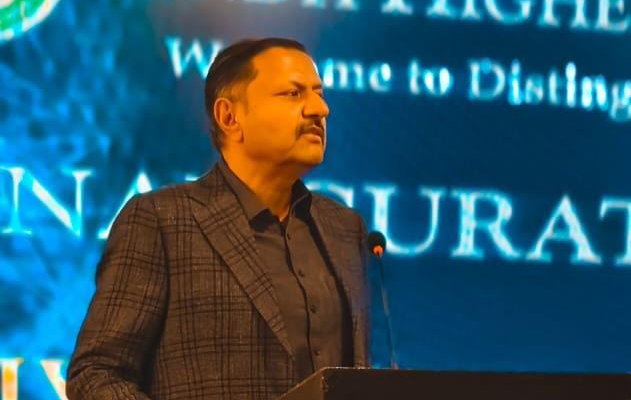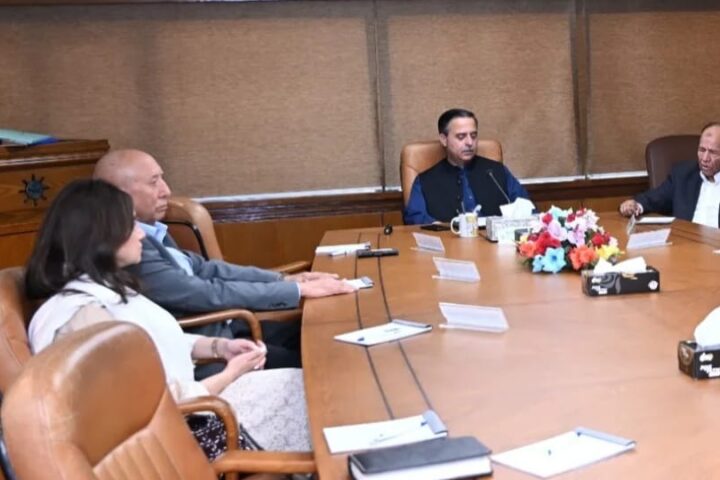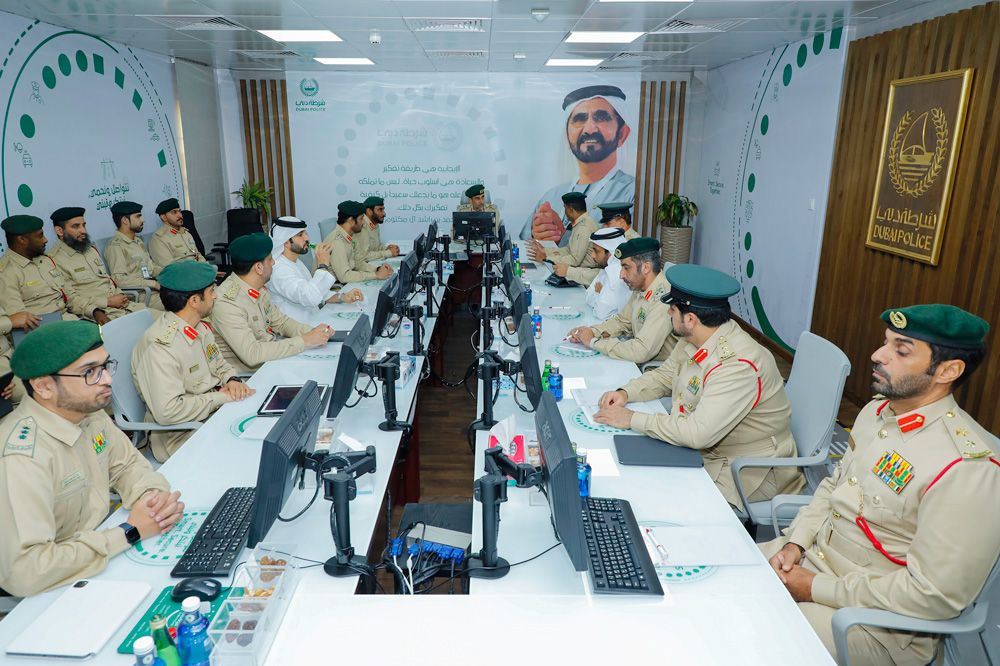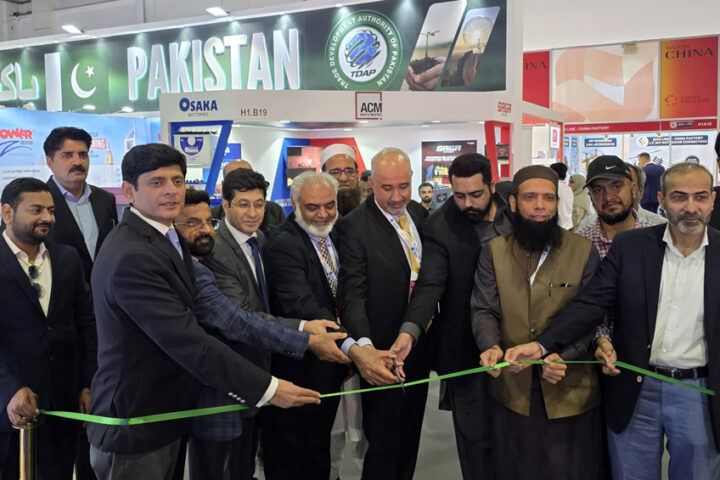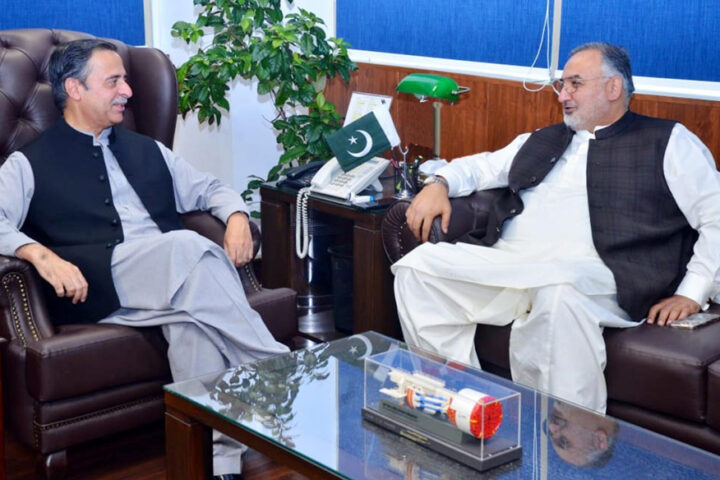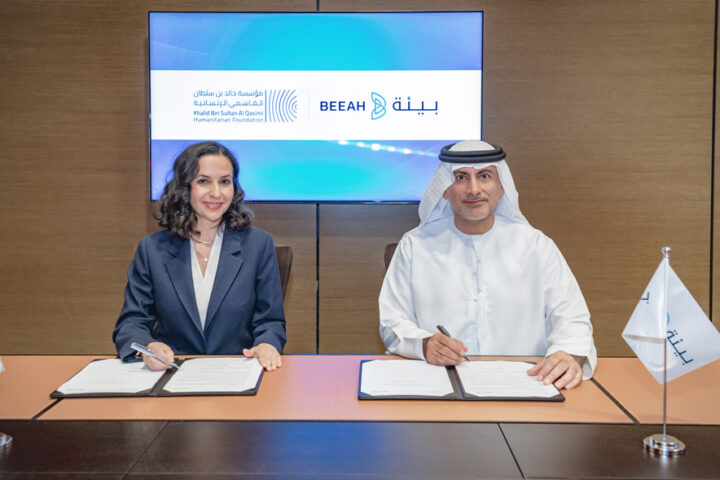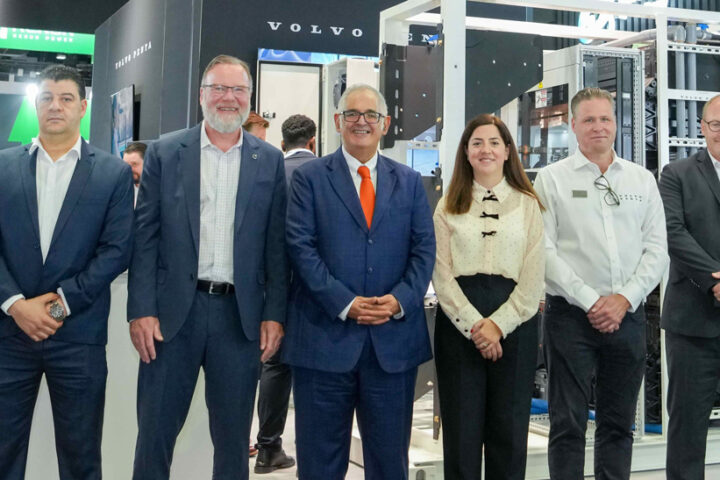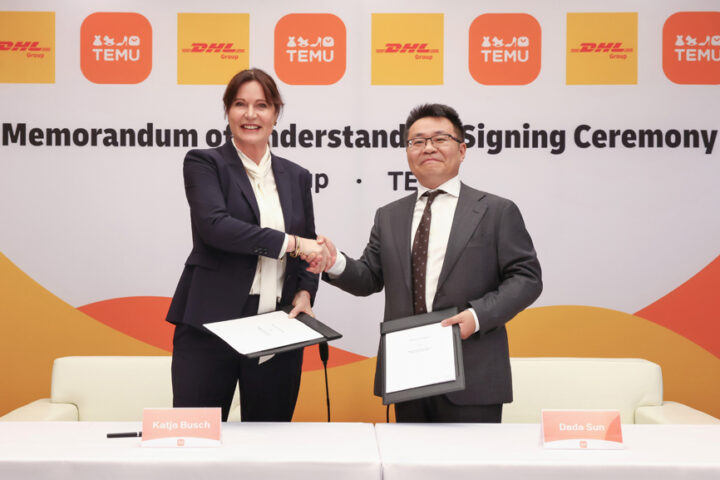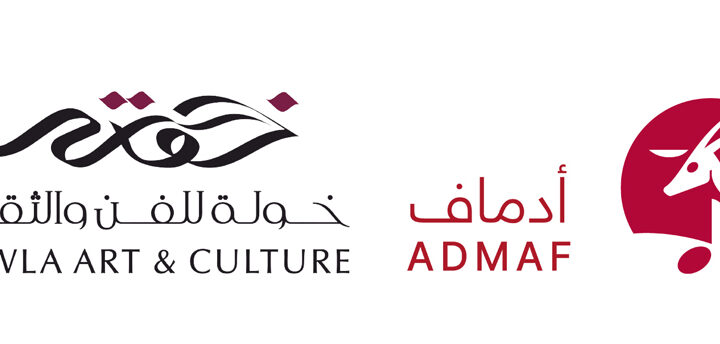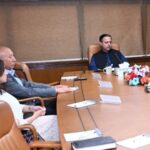Karachi, Sindh: A two-day Livestock Breeders Forum on “Improving Livestock Breeding in Sindh,” organized by Sindh Agricultural University (SAU), Tandojam, in collaboration with the Sindh Higher Education Commission, commenced today at a Karachi. The event brought together government officials, livestock experts, researchers, and farmers to address the challenges facing the province’s livestock sector.
Sindh’s Livestock Minister Highlights Genetic Deficiencies
Sindh’s Provincial Minister for Livestock and Fisheries, Muhammad Ali Malkani, addressed the forum, identifying genetic deficiencies as a significant hurdle in improving the productivity of indigenous livestock breeds. He announced the establishment of the Sindh Breeding Authority, tasked with promoting advanced technologies like artificial insemination to enhance breed quality. The minister stressed that livestock development, with a focus on quality over quantity, could serve as a powerful tool for poverty reduction.
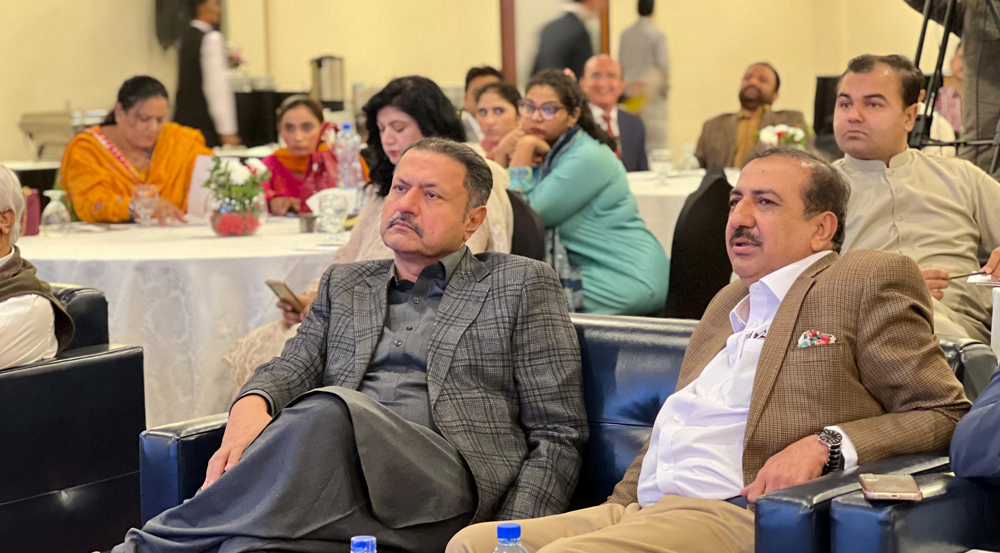
Preserving Historical Breeds
In his welcome address, Dr. Fateh Muhammad Marri, Vice-Chancellor of SAU, underscored the importance of preserving indigenous breeds such as the Red Sindhi cow and Kundi buffalo. He revealed that the Sindh government has initiated a long-term breed improvement plan to address genetic intermixing and declining productivity. Dr. Marri highlighted the historical lineage of the Red Sindhi cow, tracing back 5,000 years to Mohenjo-Daro, and cited international examples where genetic improvements have significantly boosted milk yields.
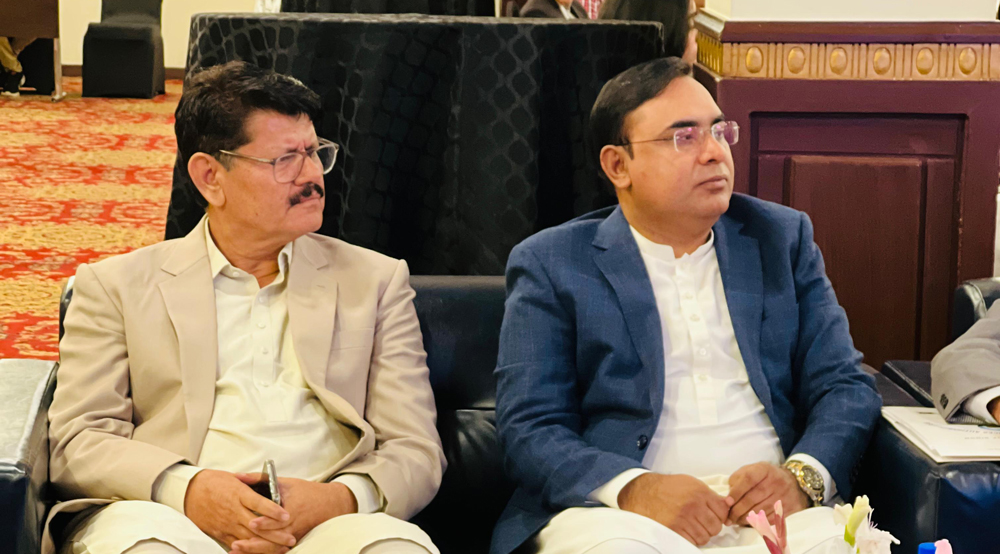
Call for Collaborative Efforts
Former Vice-Chancellor of the University of Agriculture, Faisalabad, Dr. Iqrar Ahmad Khan, pointed out that Karachi hosts some of the best milk-producing animals in the country but suffers from breeding challenges due to the prevalence of slaughterhouses. He advocated for focused discussions on nutritional needs and clinical research to address these issues.
Former Secretary of Livestock and Fisheries, Dr. Baz Muhammad Junejo, highlighted the inadequacy of Karachi’s current meat and milk supply, meeting only 50% of the city’s demand. He called for collaborative efforts among the government, research institutions, and experts to bridge this gap.
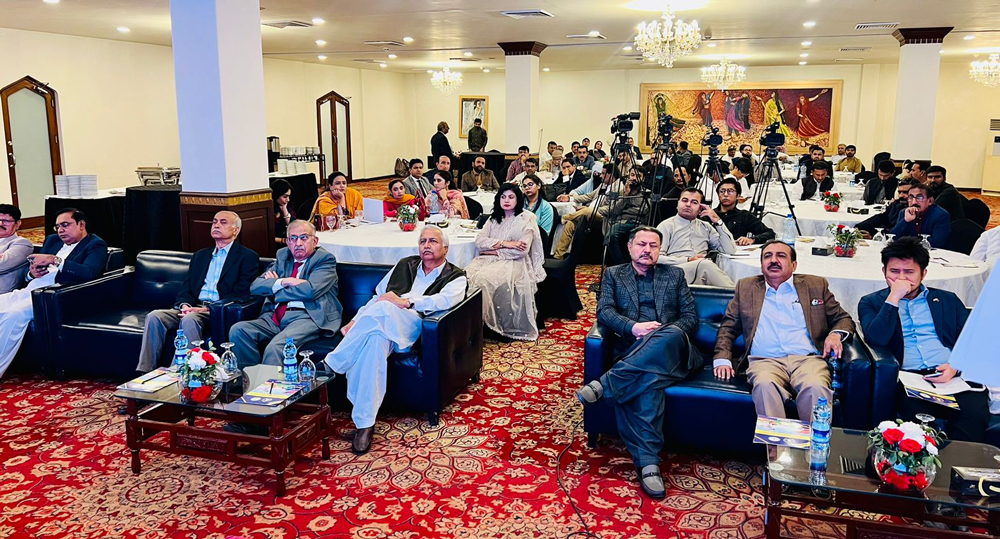
Diverse Participation
The event saw participation from notable figures, including Dr. Nazir Ahmed Kalhoro, Director General of the Sindh Institute of Animal Health (SIAH); Matsuda Kazonori from the Japanese Consulate; Dr. Syed Ghayasuddin Shah Rashdi, Dean of the Faculty of Animal Husbandry and Veterinary Sciences; and female farmer Wadera Nazo Dharejo. Representatives from private livestock and pharmaceutical companies, as well as a delegation from the Food and Agriculture Organization (FAO), also attended.
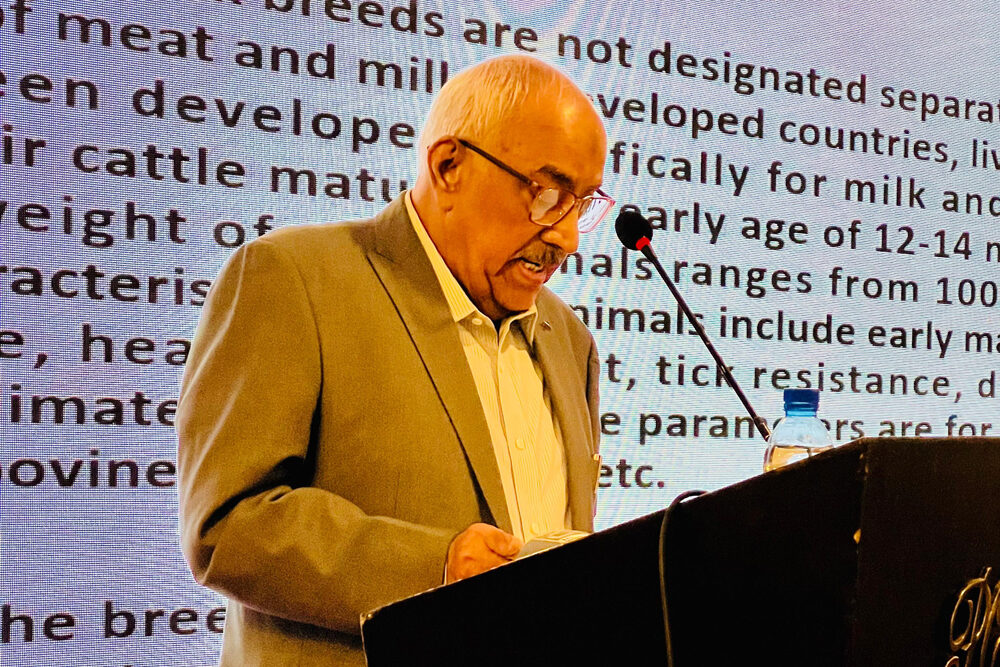
Impact on Agricultural Sector
The forum concluded with optimism that such platforms would enhance milk and meat production, improve farmers’ livelihoods, and contribute to the agricultural sector’s GDP. The focus on preserving genetic purity and utilizing modern breeding technologies is expected to pave the way for a more robust livestock sector in Sindh.

